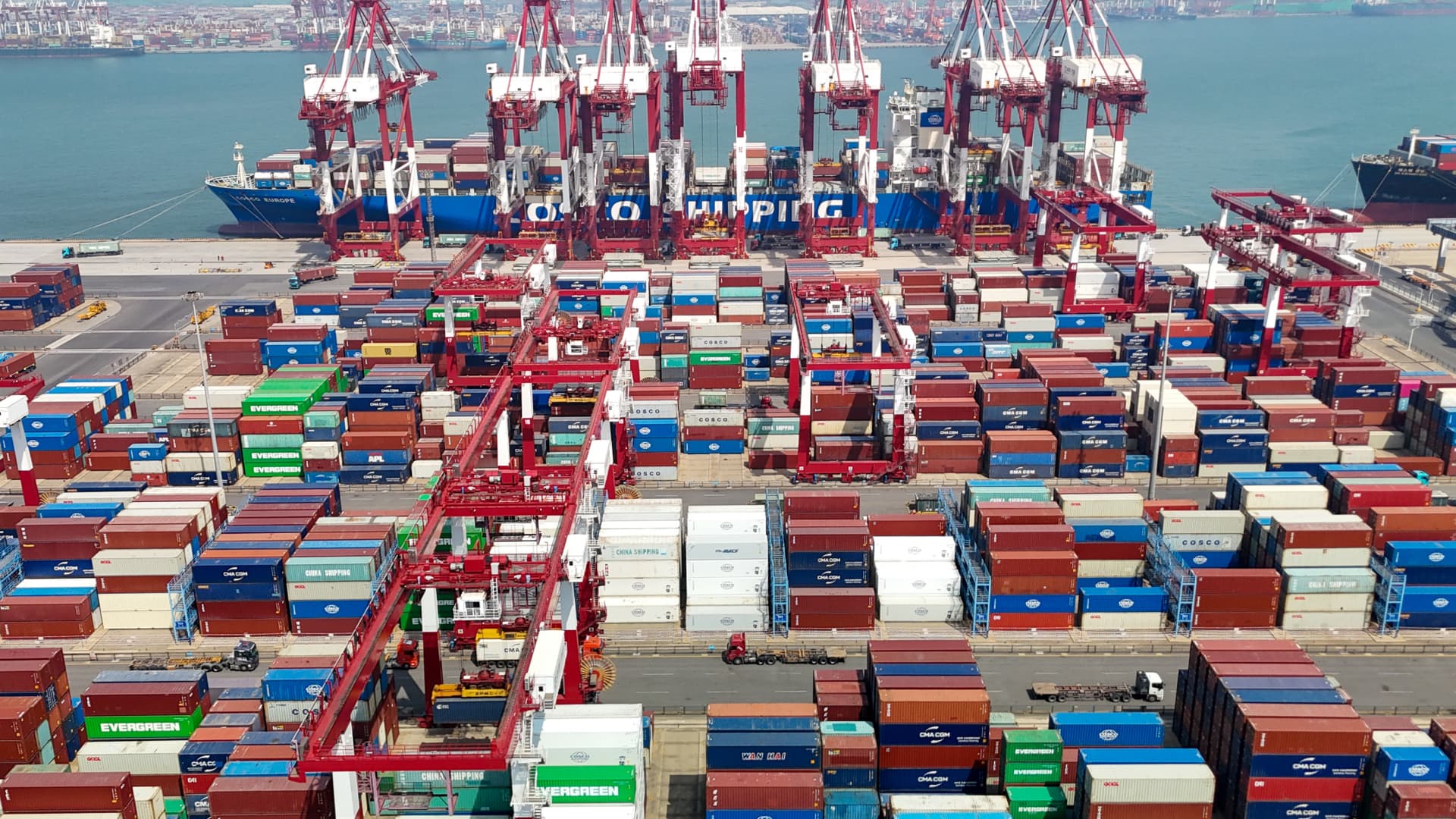As global trade becomes increasingly complex due to rising tariffs, companies are employing innovative strategies to navigate these barriers. This article delves into the legal loopholes and creative solutions that businesses are utilizing to not only survive but thrive in a challenging economic landscape.
The Impact of Tariffs on Global Trade
Tariffs, which are taxes imposed on imported goods, have been a significant factor in shaping international trade policies. Since the onset of the trade war between major economies, such as the United States and China, companies have faced mounting pressure to adapt. According to data from the World Trade Organization (WTO), global tariffs have increased by 20% over the past five years, affecting a wide range of industries from agriculture to technology.
Legal Loopholes: Finding Opportunities in Challenges
Despite the challenges posed by tariffs, some businesses have discovered legal loopholes that allow them to mitigate costs. Here are a few notable strategies:
- Product Classification: Companies are increasingly investing in legal expertise to classify their products in a way that minimizes tariffs. By understanding the nuances in tariff codes, businesses can sometimes reduce their duty payments significantly.
- Country of Origin Manipulation: Some firms have started to assemble products in low-tariff countries to qualify for reduced or eliminated tariffs. This practice, known as “tariff engineering,” allows businesses to take advantage of favorable trade agreements.
- Trade Adjustment Assistance (TAA): Many companies are leveraging government programs designed to assist businesses impacted by tariffs. These programs can provide financial support, allowing businesses to adjust their operations without absorbing the full cost of tariffs.
Innovative Supply Chain Strategies
Beyond exploiting legal loopholes, companies are rethinking their supply chains entirely. The following strategies have emerged as effective ways to combat tariff impacts:
- Regional Sourcing: Businesses are increasingly sourcing materials and components from countries that have favorable trade relationships. This shift not only reduces tariff burdens but also mitigates risks associated with geopolitical tensions.
- Vertical Integration: Some companies are opting to control more of their supply chain by acquiring suppliers or establishing production facilities in low-tariff regions. This approach provides greater control over costs and supply reliability.
- Technology and Automation: Investing in technology to streamline operations can help reduce costs associated with tariffs. Automation can enhance efficiency, allowing businesses to absorb tariff costs without passing them on to consumers.
Case Studies of Success
Several companies have successfully navigated the turbulent waters of tariffs through innovative strategies. For instance, Company A, a manufacturer of electronic components, reclassified its products to benefit from lower tariff rates. By working closely with legal consultants, it was able to save millions in tariff costs. Similarly, Company B relocated part of its production to Vietnam, allowing it to avoid hefty tariffs imposed on imports from China.
The Future of Trade and Tariff Strategies
As global trade dynamics continue to evolve, businesses will need to remain agile and innovative in their approach to tariffs. Experts predict that we will see an increase in regional trade agreements as countries seek to avoid tariffs and foster collaboration. Additionally, the rise of e-commerce may lead to further shifts in how tariffs are applied, particularly as digital goods become more prevalent.
Moreover, with the increasing focus on sustainability, businesses that adopt green practices in their supply chains may also find themselves eligible for various incentives, potentially offsetting tariff costs.
Conclusion: Adapting to a New Trade Reality
In conclusion, while tariffs present significant challenges for businesses worldwide, they also offer opportunities for those willing to innovate and adapt. By leveraging legal loopholes, rethinking supply chains, and embracing technology, companies can not only survive but thrive in this ever-changing economic landscape.
As businesses continue to navigate these complexities, it is essential for them to stay informed and proactive. Engaging with economic analysts and legal experts can provide valuable insights that help companies maneuver through the intricacies of global trade.
Call to Action: To stay ahead in the rapidly evolving trade environment, businesses should consider regular assessments of their tariff strategies and seek expert advice. Join our newsletter for the latest updates on global trade and tariff strategies that can benefit your business.
See more Business Focus Insider Team

